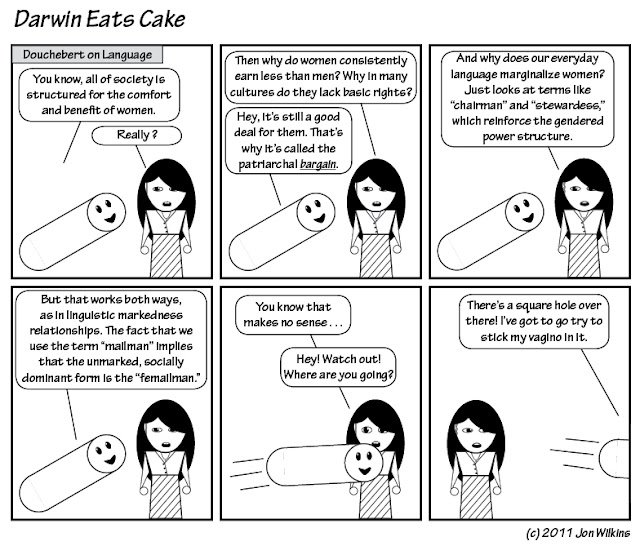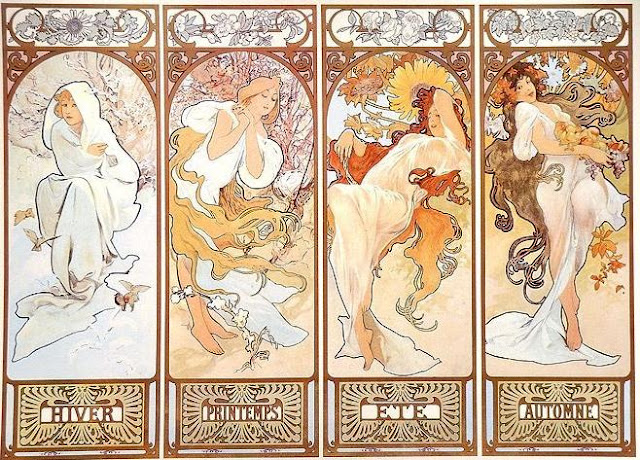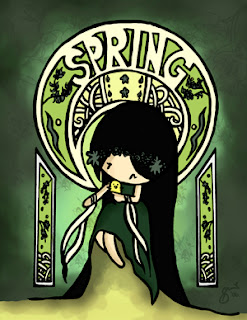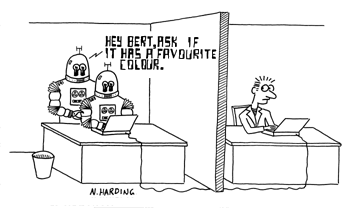So, here’s some shameless self promotion. My book, Transistor Rodeo, was just reviewed by Amanda McCormick in the Apalachee Review.
This is an awesome review for a few reasons: (1) it’s positive, and I like praise, (2) I don’t actually know Amanda McCormick personally, and (3) it is not written in that stereotypical poetry-review language that you so often see, where the reviewer’s primary goal seems to be to draw attention to themselves — in fact, I think it does a really nice job of conveying a sense of what the book is actually like.
So, thank you Amanda McCormick for your generous and thoughtful words.
What follows is the text of her review:
More than a prize-winning collection of poetry, Transistor Rodeo provides readers with a sharp view of ordinary life. Throughout the collection, Jon Wilkins creates a world in each poem that is vivid and earnest. Love here is something unedited, worthy of examination as it exists in a world of battling power and competing questions about religion, art, and the construction of society.
Transistor Rodeo is broken up into nonlinear sections. In the first section we are presented with the idea that the state of the world is amiss:
Only astronauts and
angels know how
difficult it is and how
improbable to run
across true love once
you learn to fly.
The second section is more meditative, presented as prayers, keen to time and physical details. This is where Wilkins really invites the reader to chew on the idea of the spiritual self. Through his somber view of religion, we can’t help but feel optimistic:
And the hope that burdens future generations,
let that lie forever in the desert as well,
and water all around your feet, standing
water all around your feet.
As the collection reads on you can’t help but admire how Wilkins, through seemingly mundane scenes of life-stuff, considers the world as the inevitable factor of life. Questions will remain unanswered yet continue to be asked, but still life is lived.
and Memphis,
dirty as a window
or a plate
of grits.
Buicks melt
into the city like
butter and the man
unlocking the pawn
shop is happy because
someone is dead.
In each line we sense an un-urgent sense of importance, a respect for how things naturally fall into being.
Through his light, yet sharp and strikingly analytical verse, Wilkins’s poems allow readers to stop and read just long enough to notice life’s invisible landscape and emotional grain.














